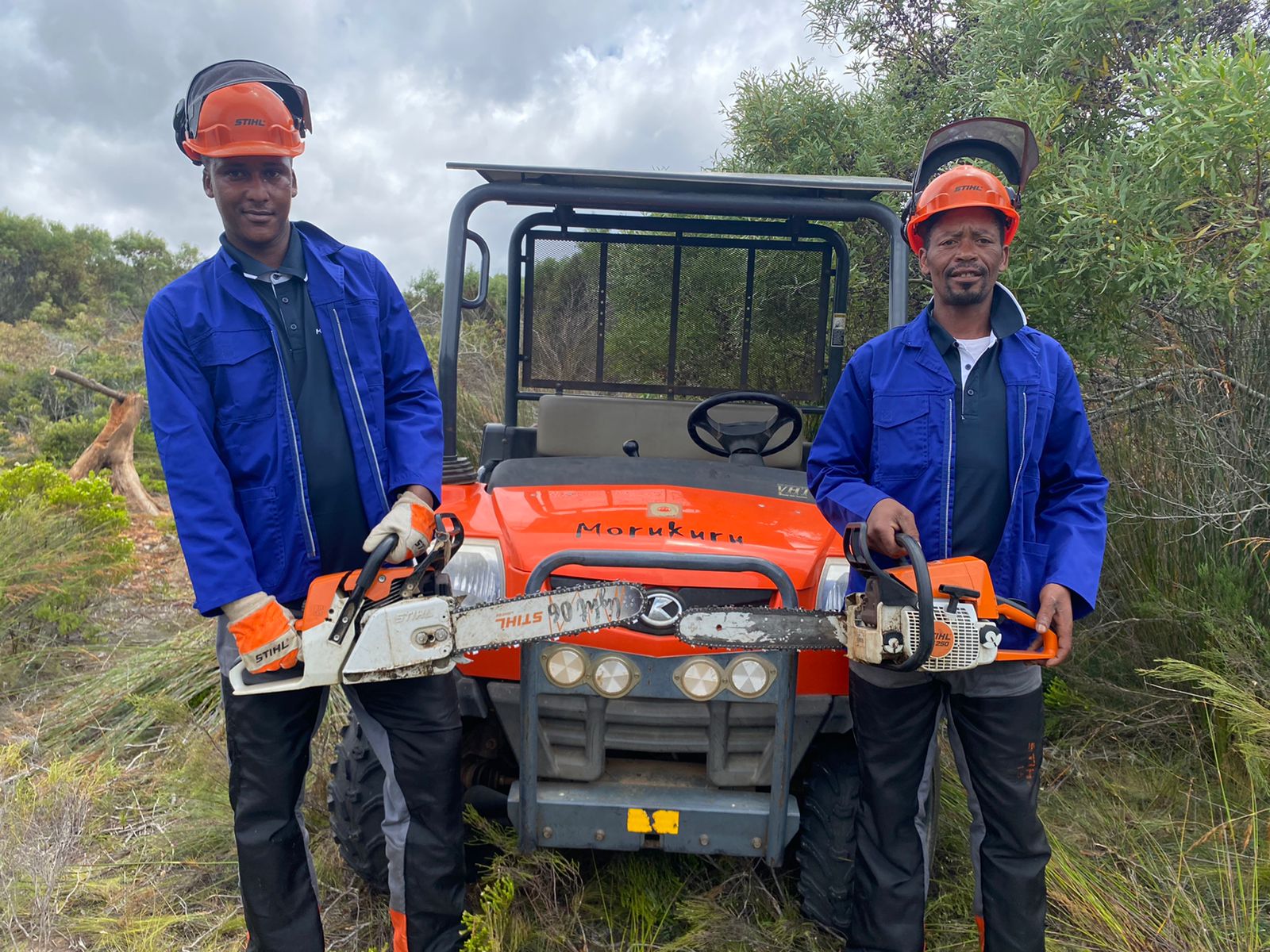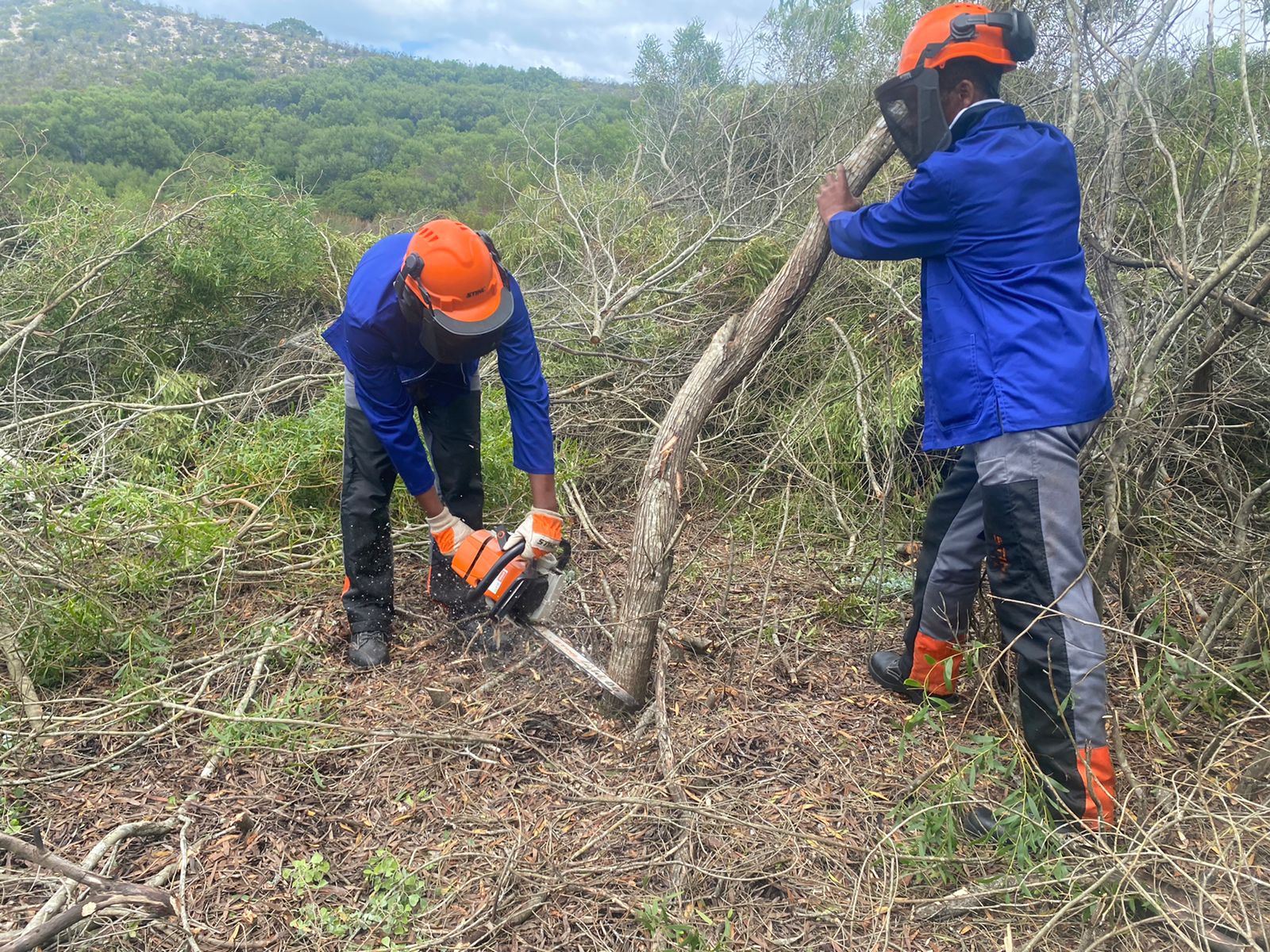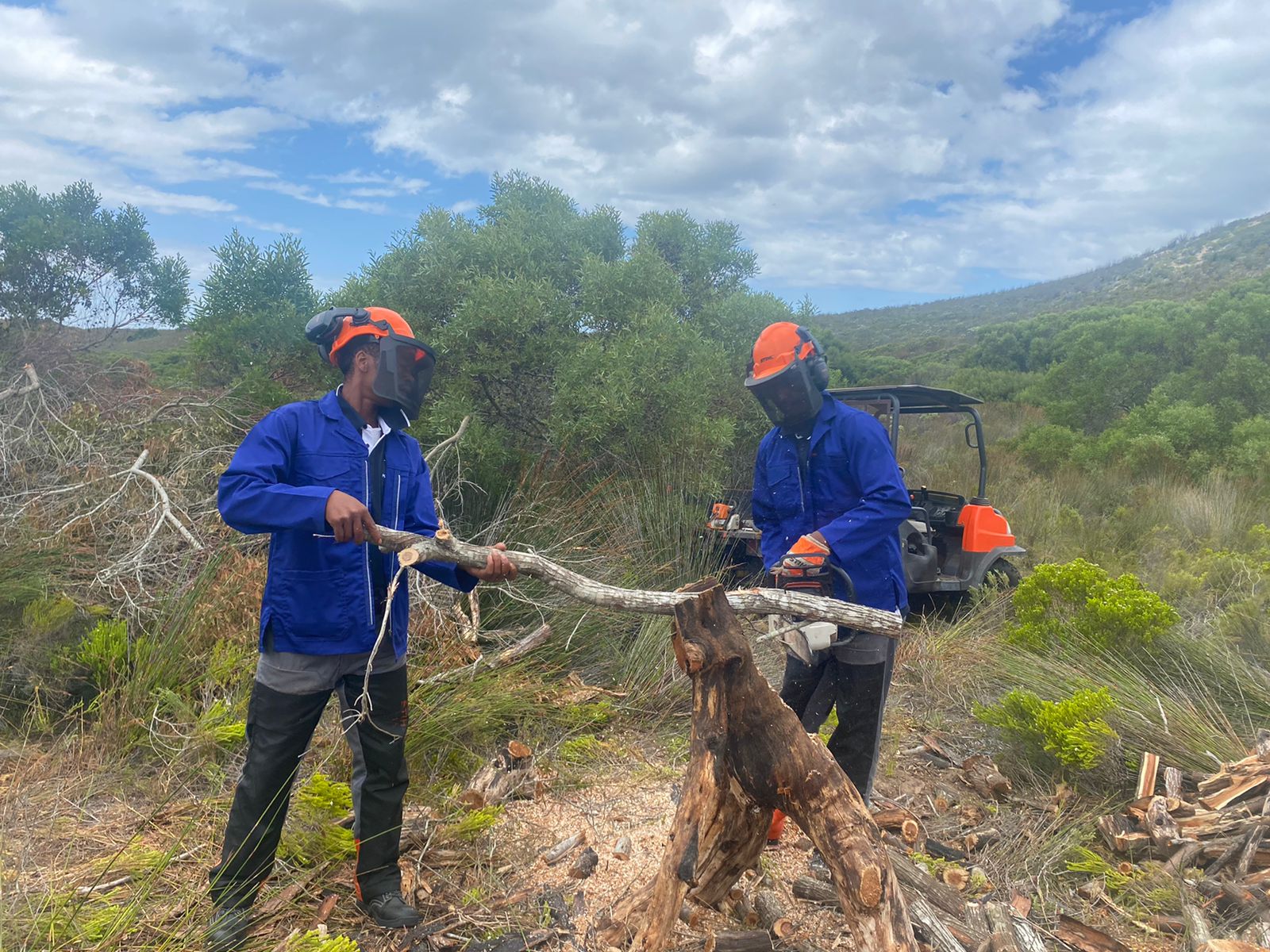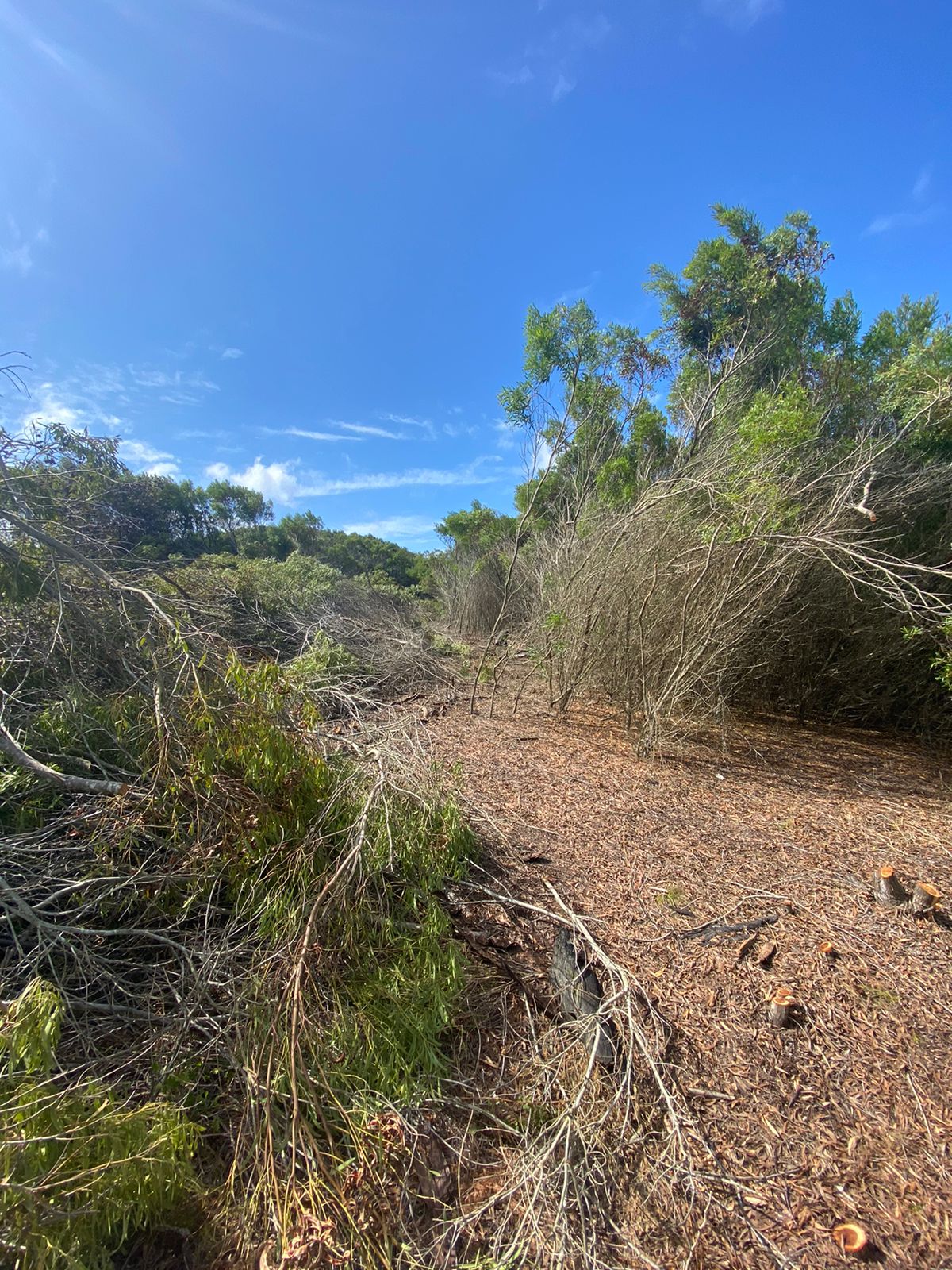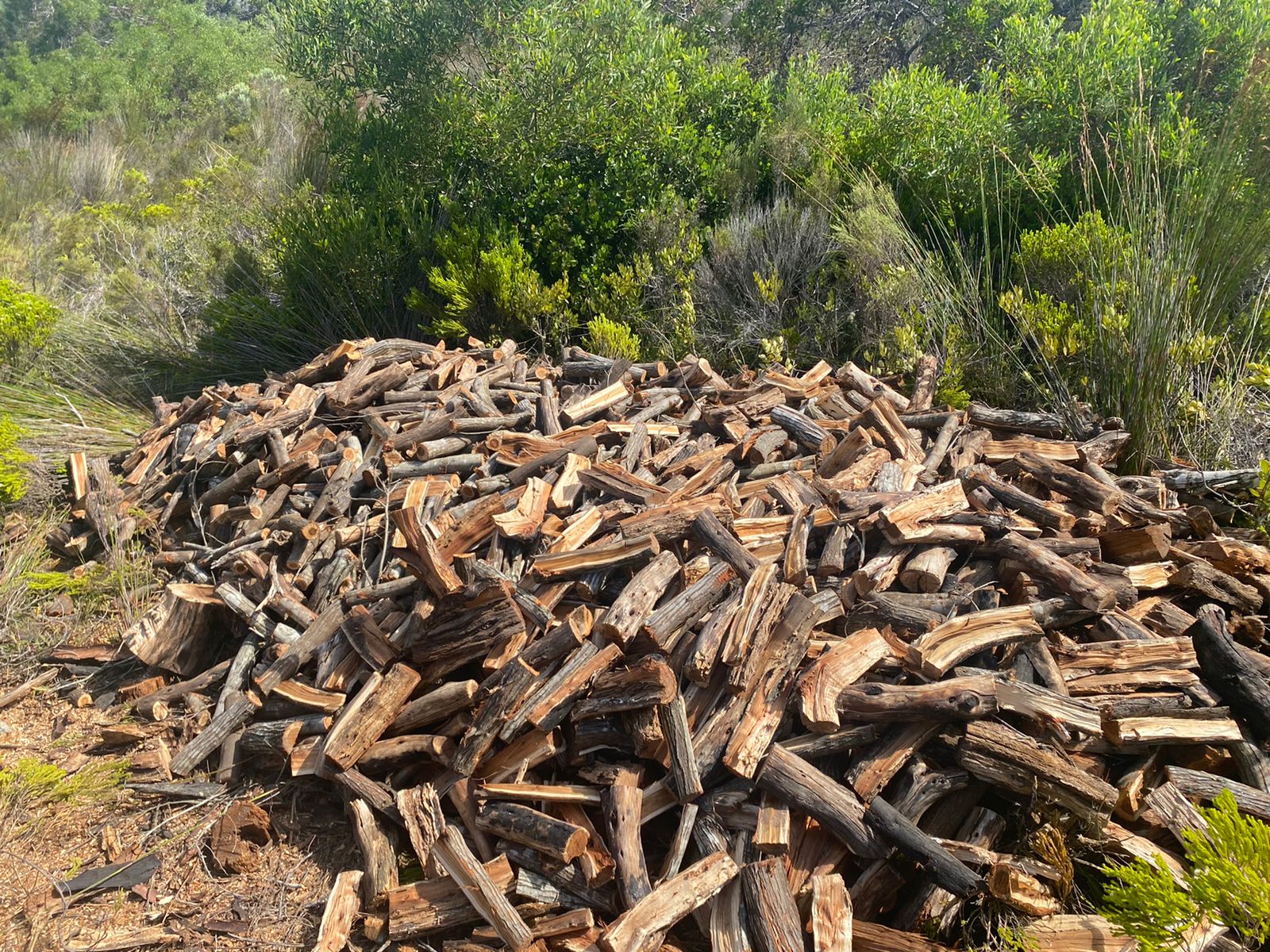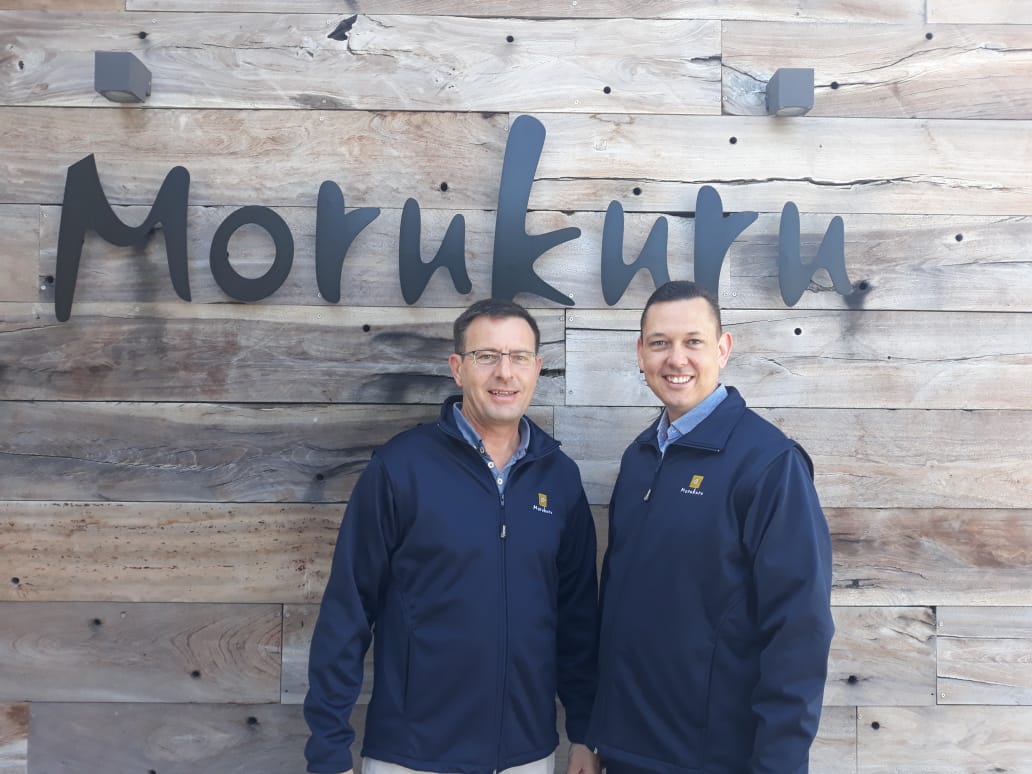

Previously Cape Nature employed woodcutters to come into the reserve and remove the alien vegetation. But due to the Covid pandemic and slashing of funds, this was stopped. After two years of no one controlling the species, it has started growing back rapidly. After taking a drive through the reserve, we noticed an opportunity to work alongside Cape Nature to control the park's alien vegetation.




Even though Rooikrans is alien vegetation, it makes for excellent firewood, which will be used in our lodges for heating. Between Morukuru Ocean House and Morukuru Beach Lodge, we burn two thousand pieces of wood in fireplaces per week in the winter months. By harvesting the Rooikrans, we can make a positive dent in this species on the reserve. Our carbon footprint will be reduced as the wood used for fires will be from the reserve, and we are assisting with reducing the invasive species. This will help both Morukuru Ocean House and Morukuru Beach Lodge be even more sustainable in the future. It also reduces the risk of bringing in other invasive and destructive pest species such as the Bora Beetle. We will mulch the twigs that cannot be used for firewood and spread these back onto the reserve as fertiliser, and cover the ground to ensure minimal water evaporation. By mulching the leftover twigs, we will also enable the fynbos to regenerate quicker. We are restoring the reserve to its former glory.
The Morukuru Goodwill Foundation supports this project by supplying the necessary equipment such as chainsaws, safety gear and specialised training. The training was a two-day course offered through a local company. Morukuru Family Madikwe generously gave us their Kubota vehicle (affectionally renamed: "Linkuni", which is the Xhosa word for "wood" by our staff) to get into those unique spots on the reserve to clear out the Rooikrans.
